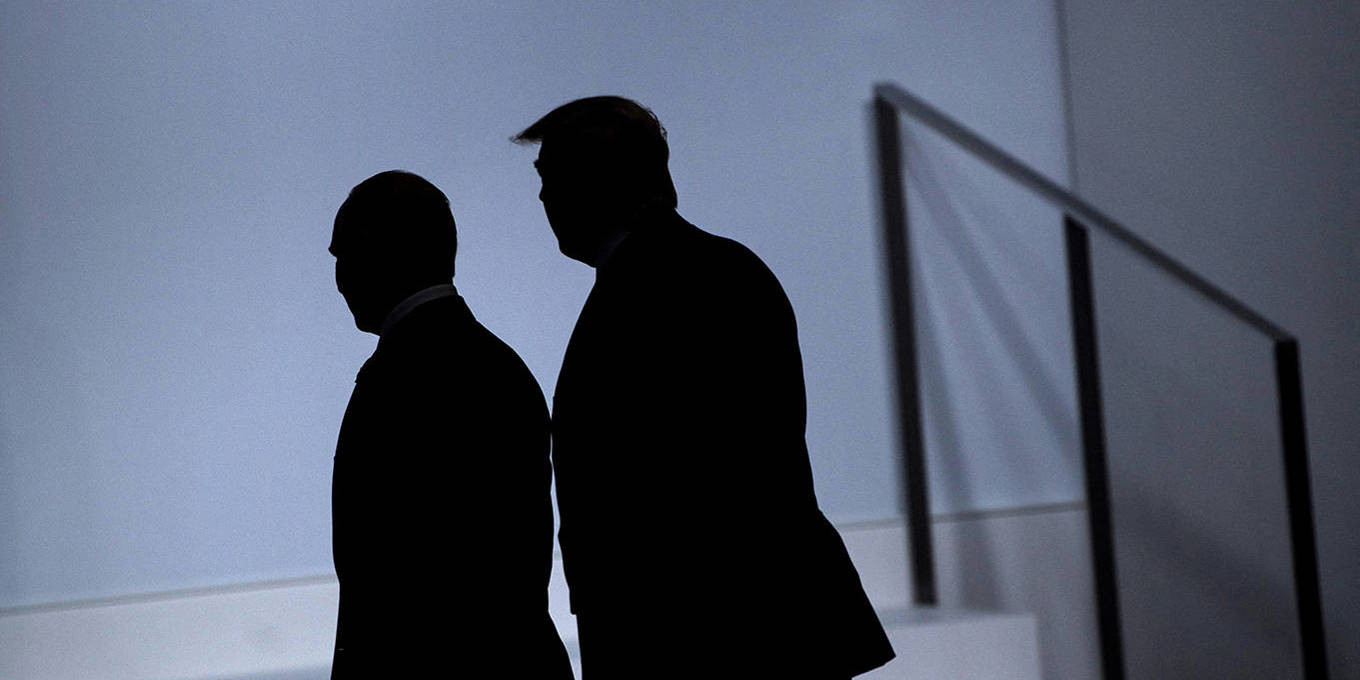
Kathmandu. U.S. President Donald Trump delayed several tariffs targeted at Canada and Mexico on Thursday. This move prompted Ottawa to take steps to avoid further retaliatory measures and provided relief to companies and consumers after adverse effects on financial markets.
Economists had warned that broad tariffs could affect U.S. growth and increase inflation, leading to a plunge in stock markets after Trump imposed a 25% tariff on Tuesday.
On Thursday, Trump signed an order to halt new tariffs on goods imported from Canada and Mexico, which are covered by the North American trade agreement. However, he dismissed suggestions that his decision was tied to market instability. This delay, which will last until April 2, provides relief to vehicle manufacturers.
In the automotive sector, parts frequently cross North American borders during production. After talks with "Big Three" U.S. automakers — Stellantis, Ford, and General Motors — Washington initially announced a one-month exemption for cars under the United States-Mexico-Canada Agreement (USMCA).
According to a White House official, nearly 62% of Canadian imports will still face the new tariffs, although many of these are energy products that will be taxed at a reduced rate of 10%. About half of imports from Mexico come through the USMCA.
“Recent actions have made conditions much more favorable for our U.S. car manufacturers,” Trump said on Thursday. Following Trump’s decision, Canadian Finance Minister Dominic LeBlanc wrote on X, “Our country will not move forward with second-phase tariff duties on $125 billion worth of U.S. products until April 2, while we work to remove all tariffs.”
Trump indicated that additional tariffs would be applied on April 2 and that they would be "reciprocal in nature." He had previously promised to impose tariffs to address practices that Washington deemed unfair. At that time, Canadian and Mexican goods may still face tariffs. Trump also stated he would not revise the broad tariffs on steel and aluminum imports that will take effect next week. Despite these new measures, U.S. stock markets fell again on Thursday.
Extraordinary Progress
Trump told reporters in the Oval Office on Thursday that he had "very good conversations" with Mexico’s President Claudia Senbaum. He claimed there had been "substantial progress" on both illegal immigration and the flow of drugs into the United States — two issues that were cited when Washington imposed tariffs on Mexico, Canada, and China.
His comments were in stark contrast to his tense relationship with Canadian Prime Minister Justin Trudeau. On Thursday, Trudeau said that despite "some obstacles in certain areas," Ottawa would remain in a trade war with Washington "for the near future." "Our goal is to remove these tariffs, all tariffs," he said.
According to Canadian and U.S. government statistics, Canada contributes less than 1% of the illegal fentanyl supply to the U.S. Meanwhile, China has denied the U.S. allegations regarding its role in the fentanyl supply chain and instead praised cooperation with Washington on this issue.
"The United States should not repay kindness with anger and stop imposing tariffs without reason," Chinese Foreign Minister Wang Yi said in Beijing. "China-U.S. economic and trade relations are reciprocal. If you choose to cooperate, you can achieve mutually beneficial and win-win results. If you only apply pressure, China will firmly resist."
Economic Reality
According to Scott Linscombe, Vice President of Economics at the Cato Institute, Trump's decision to reduce tariffs was an "acceptance of economic reality." Tariffs disrupt supply chains, and the burden mainly falls on Americans.
"The markets do not like them, and they certainly do not like the uncertainty around them," he said. Since taking office for his second term in January, Trump has threatened tariffs to both supporters and opponents alike.
U.S. Treasury Secretary Scott Bassett said Thursday that he was not concerned about Trump’s tariffs driving inflation, stating that any price impacts would likely be temporary. Trump has described tariffs as a source of revenue for the U.S. government and a way to address trade imbalances.
In January, the U.S. trade deficit reached a new record. Due to an increase in imports, the trade deficit grew by 34%, reaching $131.4 billion. Analysts suggest that the deficit was likely boosted by gold imports, but this data also suggests that businesses are trying to push forward despite the tariffs.
एक्ट प्रो नेपालमा प्रकाशित सामग्रीबारे कुनै गुनासो, सूचना तथा सुझाव भए हामीलाई info.actpronepal@gmail.com मा पठाउनु होला। फेसबुक र ट्वीटरमार्फत पनि हामीसँग जोडिन सकिनेछ । हाम्रो *युटुब च्यानल पनि हेर्नु होला।